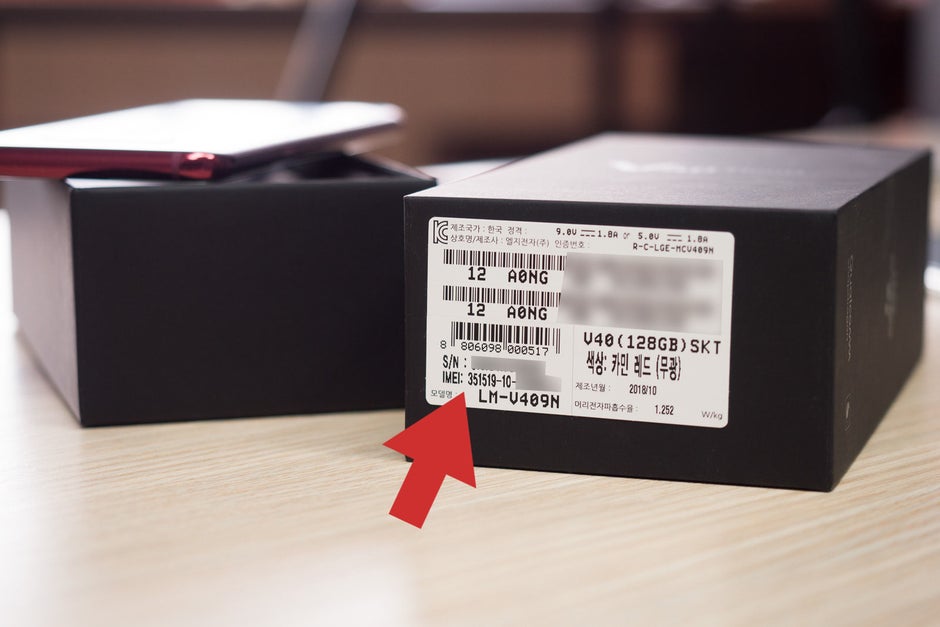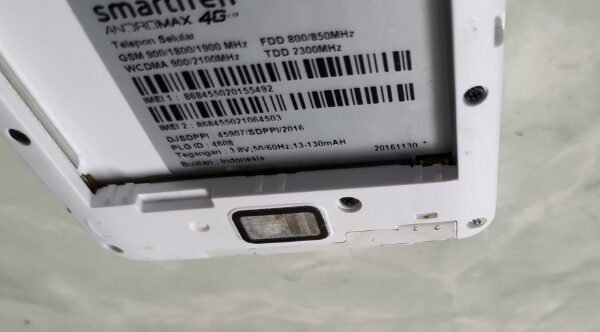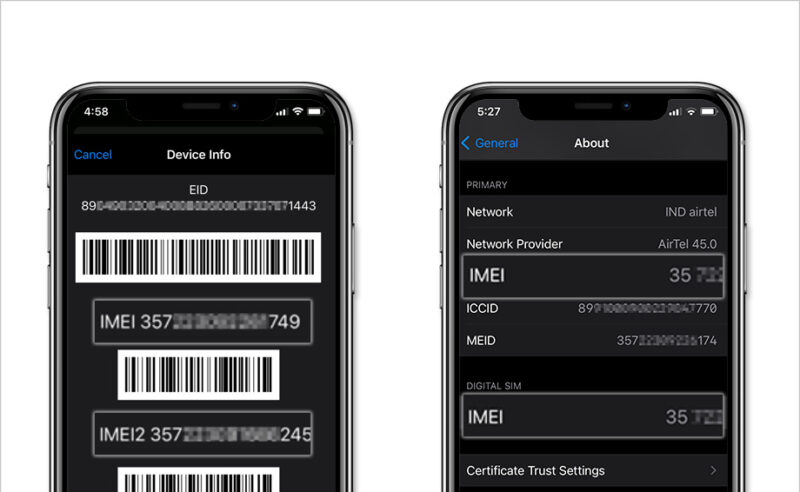IMEI numbers are unique identifiers assigned to every mobile device in the world. They play a crucial role in tracking and locating lost or stolen phones, even when Wi-Fi is not available.
But can these numbers really pinpoint the exact location of a device without the need for an internet connection? This question has spurred much debate among tech experts and smartphone users alike. In this article, we delve into the intricacies of IMEI numbers and their potential to serve as effective tracking tools in the absence of Wi-Fi.
How IMEI Numbers are Used to Locate Phones

IMEI numbers are unique identifiers assigned to mobile devices that can be used to locate phones even without Wi-Fi. These numbers play a crucial role in tracking lost or stolen phones by connecting to the global database and providing real-time location data.
Law enforcement agencies and mobile carriers can use IMEI numbers to pinpoint the exact location of a device, enabling them to recover lost phones or catch thieves. Additionally, IMEI numbers can also be used to remotely lock or erase data from a stolen phone to protect sensitive information.
Overall, IMEI numbers serve as a valuable tool in locating phones and ensuring the safety and security of mobile device users.
Locating Phones Without Wi-Fi Using IMEI Numbers

When it comes to locating phones without Wi-Fi, IMEI numbers can be a valuable tool. IMEI numbers, or International Mobile Equipment Identity numbers, are unique identifiers assigned to every mobile device.
These numbers can be used by authorities and service providers to track and locate a phone, even if it is not connected to a Wi-Fi network. By using cellular networks and triangulation techniques, the location of a phone can be determined with precision.
This can be crucial in situations where a phone is lost or stolen, or in emergency situations where the user may not be able to provide their location. Overall, IMEI numbers play a vital role in enhancing the security and safety of mobile devices, even when Wi-Fi is not available.
Limitations of Locating Phones with IMEI Numbers

While IMEI numbers can be useful for locating phones without Wi-Fi, there are also limitations to this method. One major limitation is that the accuracy of phone location using IMEI numbers can vary depending on the circumstances.
For example, if a phone is turned off or not connected to a network, it may not be possible to track its location accurately. Additionally, some phones may have their IMEI numbers altered or blocked, making it difficult or impossible to locate them using this method.
Furthermore, the legal and ethical implications of tracking a phone’s location using its IMEI number raise concerns about privacy and surveillance. Overall, while IMEI numbers can be a valuable tool for locating phones without Wi-Fi, it is important to consider the limitations and potential drawbacks before relying solely on this method.
Conclusion
In conclusion, IMEI numbers play a crucial role in identifying and tracking mobile devices, but they do not have the capability to locate phones without Wi-Fi or other network connections. While IMEI check can provide information about a device’s status and history, including whether it has been reported as lost or stolen, the ability to pinpoint a phones exact location in real-time typically requires the use of GPS or cellular network signals. Therefore, while IMEI numbers are important for device identification and security purposes, they are not a substitute for more advanced location tracking technologies.


